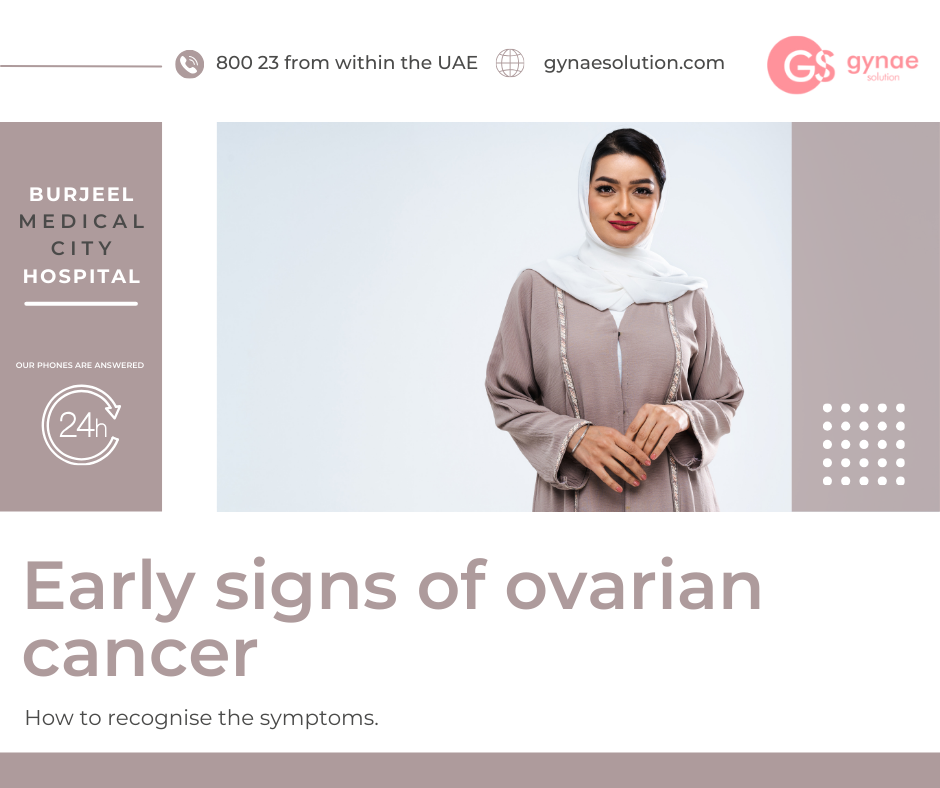Ovarian cancer is a type of cancer that begins in the ovaries, the female reproductive organs that produce eggs. It is often referred to as a “silent killer” because it tends to develop with few noticeable symptoms until it reaches advanced stages. There are three main types of ovarian cancer: epithelial tumours (the most common), germ cell tumours, and stromal tumours, each arising from different cells within the ovary.
Risk factors for ovarian cancer include age (most cases occur after menopause), a family history of ovarian or breast cancer, certain inherited genetic mutations (like BRCA1 and BRCA2), and hormone replacement therapy. Women with a history of endometriosis or who have never been pregnant may also have a higher risk.
Symptoms of ovarian cancer can be vague and easily mistaken for less serious conditions. Common signs include bloating, pelvic or abdominal pain, difficulty eating or feeling full quickly, and frequent urination. As the disease progresses, these symptoms may become more severe.
Diagnosis typically involves a combination of pelvic exams, imaging tests (like ultrasound or CT scans), and blood tests for cancer markers, such as CA-125. A biopsy or surgery may be required to confirm the diagnosis and determine the cancer’s stage.
Treatment for ovarian cancer often includes surgery to remove the ovaries, fallopian tubes, uterus, and sometimes nearby lymph nodes, followed by chemotherapy. Targeted therapies, such as PARP inhibitors, have also shown promise in certain patients, particularly those with BRCA mutations.
Despite advances in treatment, the survival rate for ovarian cancer depends heavily on early detection. Unfortunately, due to its often asymptomatic nature in the early stages, it is frequently diagnosed at a later stage, making early screening and awareness critical for improving outcomes.
To book a consultation with Jafaru Abu at Gynae Solution at Burjeel Medical City Hospital, then please contact us here.




0 Comments